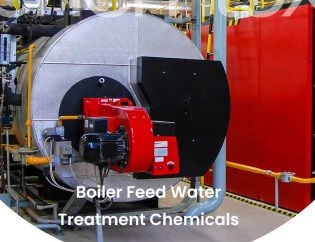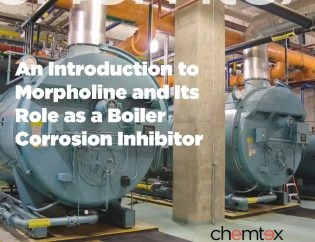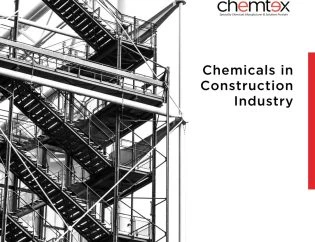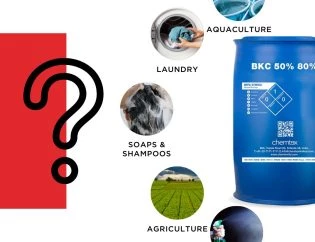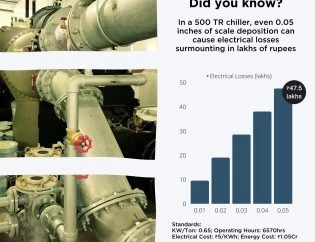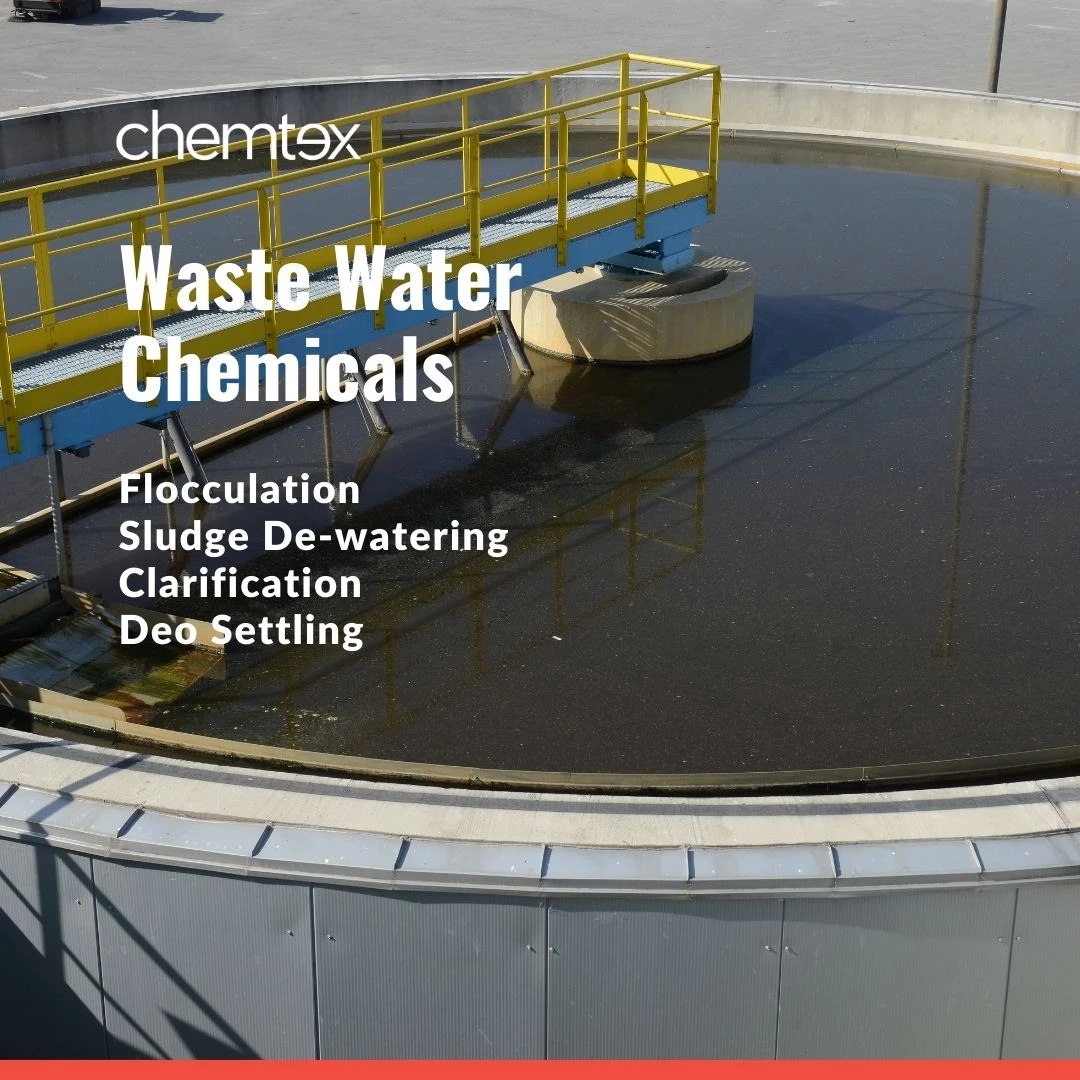
Waste water is used water. It contains many different types of chemicals that can cause harm to humans and environment if not treated before release. Wastewater can begin from a variety of sources such as residential, industrial, business, or agricultural activities, etc. Depending on the source, the composition of wastewater ranges from mildly polluted storm water run-off to toxic wastewater from chemicals, pharmaceutical, and metal industries. The presence of pathogens, organic and inorganic matter, suspended particulates matter, dissolved gases, paint emulsions, pesticides, bio-solids, and many more undesirable substances necessitate the use of wastewater treatment.
What is Wastewater Treatment?
Wastewater treatment is the process of removing harmful substances from wastewater before it is released into rivers, lakes, streams, and oceans. This process helps prevent pollution and protects human health and aquatic life.
What Kinds of Wastewater Treatment Systems Exist?
There are two main categories of wastewater treatment systems: primary and secondary. Primary treatment removes organic matter such as human waste and animal manure. Secondary treatment uses additional processes to remove harmful substances.
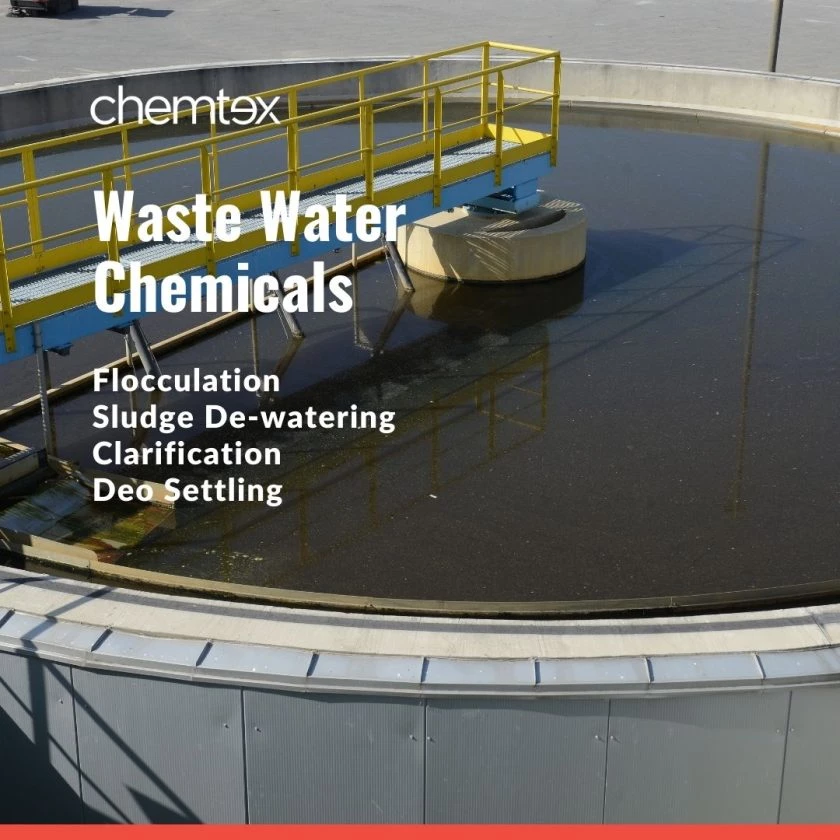
Wastewater Treatment Chemicals - Chemtex Speciality Ltd
Chemtex Speciality Limited manufactures waste water treatment chemicals meeting all standard requirements, helping in the removal and elimination of harmful pathogens, bacteria, taking out hazardous chemicals, detergents, and toxins from the wastewater. Chemtex manufactures polyelectrolytes based on polyacrylamides of various molecular weights and ionic charges that find application in flocculation, sludge de-watering, paper making, juice clarification, deo settling, dissolved air floatation and much more.
Why treat waste water?
Domestic wastewater contains a large amount of solid material, food particles, toilet paper, grease, oil, soap, salts, metal detergent, pharmaceutical, and personal care products. Industrial wastewater is released from different commercial and manufacturing units such as textiles, printing, F&B, and production to name a few. it contains toxic chemicals, organic effluents, harmful microorganisms. The discharge of industrial, commercial waste into nearby water sources is another major cause of water pollution. The effects can be seen on water resources such as streams, ponds, tanks, and pipelines, which are often contaminated or polluted due to the discharge of sewage and garbage. Different kinds of germs which cause diseases grow in polluted water. There are a number of ways in which wastewater can cause pollution problems. These water bodies are the main sources of many other domestic applications. So, Proper treatments need to be carried out before it is exposed to another body of water.
By treating wastewater, we can protect the environment and the planet as a whole. Wastewater treatment easily removes impurities from wastewater and is converted into an effluent that can be returned back to the water cycle or reused. The treatment process takes place in a wastewater treatment plant.
The primary level of treatment includes the removal of unwanted, suspended, or dissolved solids from sewage. In this process, strong objects are trapped by sieving procedures and suspended solids are eliminated by sedimentation. These large materials are disposed of at the landfill.
Secondary treatment also removes remaining biodegradable matter and suspended solids that may have missed out on the primary level of treatment. In this process, wastewater gets mixed with bacteria and oxygen. The oxygen helps to eradicate pollutants faster. Then the water is taken to settling tanks where the sludge again settles, leaving the water free of pollutants.
Tertiary treatment eradicates a relatively considerable number of polluting elements and remaining dissolved substances like color, metals, organic chemicals, and nutrients such as nitrogen, phosphorus. This chemical treatment involves the use of physical, chemical, and biological techniques to remove contaminants from water.
Recent Posts
- What Swimming Pool Chemicals are essential for maintaining a clean and safe pool?
- Did you know that even a 2.5mm layer of dust over a solar panel surface can reduce its efficiency by 35%?
- The Impact of Descaling Chemicals on Industrial Operations: A Detailed Analysis
- How speciality chemicals play an important role in CIP process of Breweries & Microbreweries?
- Propylene glycol has many uses beyond just being an antifreeze. Discover some of them here!
- Chemicals for Boiler Feed Water
- Acid Inhibitor Chemicals for Mineral Acid Corrosion
- Engine Coolant Antifreeze Liquid
- Sulfamic Acid Descalant – How it Works, Where to Get
- Citric Acid Manufacturing Companies in India

